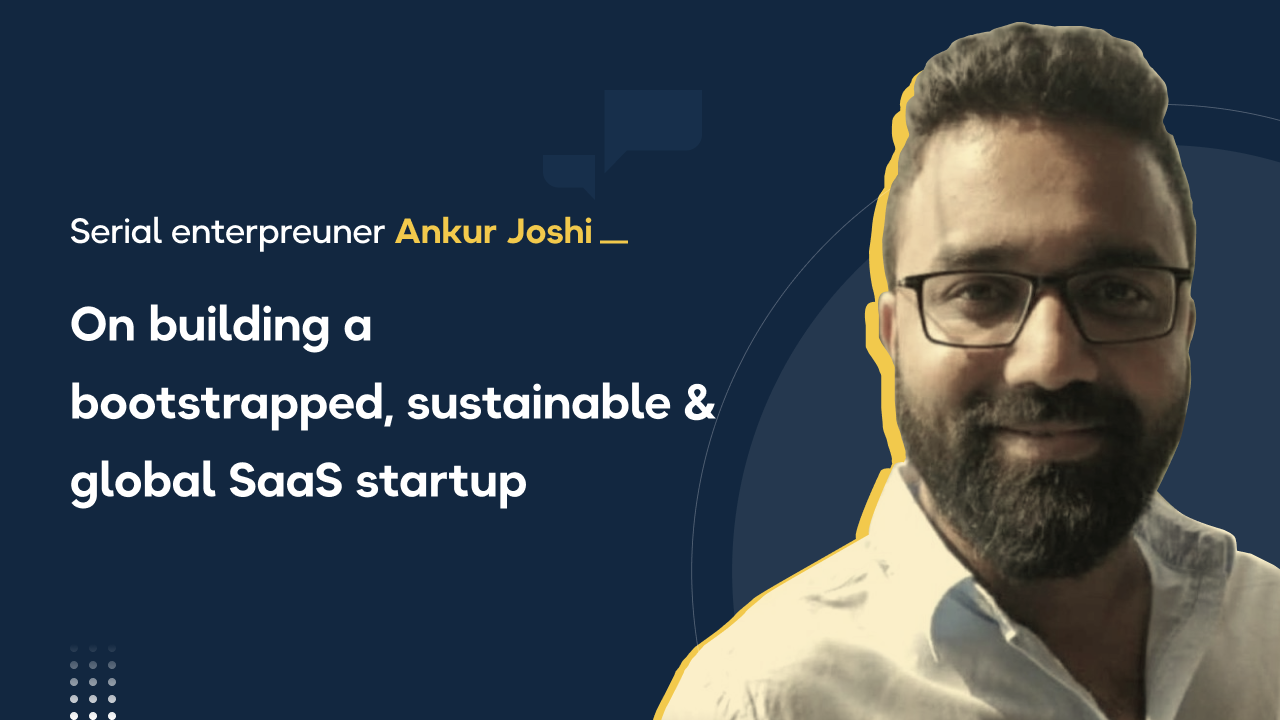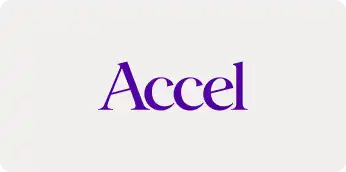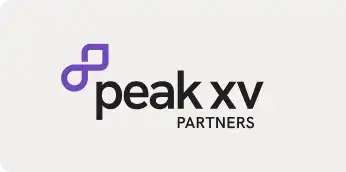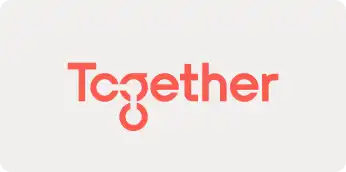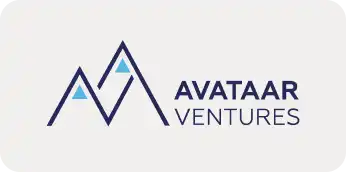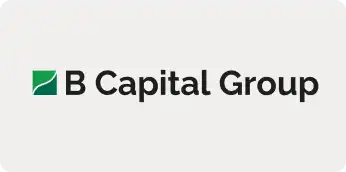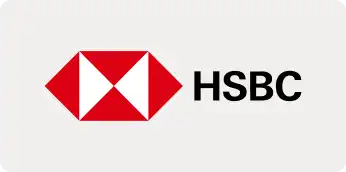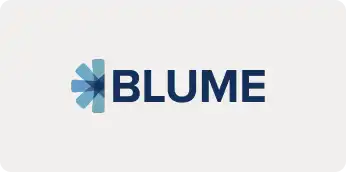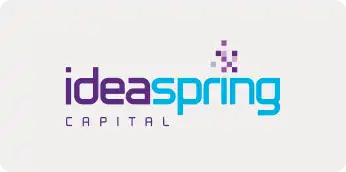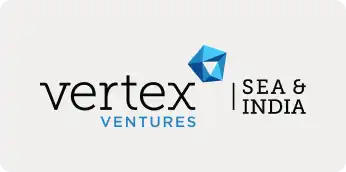In the dynamic landscape of the SaaS ecosystem, success stories often emerge from the most unexpected transitions. One such compelling narrative is that of Shruti Kapoor, an entrepreneur who journeyed from the corridors of investment banking to the ever-evolving world of SaaS.
With an MBA and a decade-long tenure in investment banking, Shruti ventured into uncharted territory to start her SaaS company, Wingman. Here’s what Shruti has to say about being In Her Shoes.
Q: How much would you say your previous experiences helped and influenced you as a founder?
I think nothing really prepares you for being a founder, but there are a few things that a career helps you with. For starters, you’ll hopefully have a financial buffer so that you can support yourself while you test out a concept.
The one thing that it does prepare you for is understanding better what an employee mindset is, versus an employer mindset.
I see a lot of people who are founders straight out of college. They often assume that everybody else in the organization will work the same way that they work, and think the same way that they think. But that’s not true, and never will be!
It’s useful to know that, so that you’re able to design the principles around your workplace accordingly. It also translates into how you design your work life balance, the incentive schemes, ownership, and visibility.
Q: You did not have prior SaaS experience, so how did you build a network for yourself and connect with the right people?
We were fortunate to be introduced to the Indian SaaS founders community through one of our investors, who connected us with experienced individuals in the industry. I also met people through various events and gatherings, where I sought advice and guidance.
It’s valuable to connect with someone who is just a few steps ahead of you because they understand the nuances of today’s hiring and funding environment.
It’s essential to break free from the notion that you must seek advice only from well-known figures. You need to develop the skill of identifying the right person to ask for specific questions. You must establish your own filters to determine which advice is relevant to your situation. For instance, someone’s advice may have worked for their company selling to a different market or clientele. Therefore, you need to filter advice based on its applicability to your unique situation. This discernment is a crucial skill for any founder.
Q: What advice would you offer to someone embarking on a SaaS entrepreneurship journey?
Today, many people grapple with a common question: “What should I build?” It’s not that they lack ideas, but rather, they may have a specific idea to address a problem, only to discover that there are already about 20 different products attempting to solve the same problem in various ways.
So, it’s crucial to be conscious of how to answer the question: “What is the real unsolved problem?”
Assess if a significant change in human behavior is occurring or expected in the future, guiding your bets. If a problem has persisted without a solution and technology was available, there must be a reason, unless you’re betting on a fundamental shift in human behavior. These questions can help you make informed decisions about what to build today.
Q: Wingman got acquired by Clari in 2022, four years after its inception in 2018. Why did you decide to take the acquisition route and how did you go through the process?
It wasn’t a deliberate decision where we said, “Let’s try to get acquired.” It didn’t unfold in that manner. Instead, it transpired as we were contemplating our fundraising efforts.
As a founder, it’s essential to recognize that this decision is emotional and personal. You might contemplate scenarios where you continue running the company for another two or five years, or you grow it to a specific scale to achieve different outcomes. While there are many valid business reasons to sell or not sell a company, personal feelings and biases also play a significant role. It’s perfectly acceptable to acknowledge that this decision has a personal dimension, as long as you ensure fairness to all stakeholders and establish negotiation frameworks with the acquirer.
Q: How do you balance the personal and professional aspects of your life?
I made a deliberate decision to keep my weekends primarily for personal activities. I might conduct interviews or do some planning work during the weekends, but I tried to stay away from my computer as much as possible.
This approach allowed me to recharge and return to work on Mondays with renewed energy. It also helped me strike a balance and avoid having my entire identity tied solely to the company. As a founder, it’s easy for the company’s success or failure to become your personal success or failure, given that the buck stops with you, especially as a CEO.
Q: How do you think companies can help more women reach leadership positions? What kind of green flags should they focus on to attract more diverse talent?
It’s crucial for people to understand the candidate’s experience during interviews and the hiring process.
When I, as a woman, come in for an interview and see that the organization has predominantly male employees, it makes me wonder how I would feel working there. I might worry about basic things like my safety, facilities, childcare, etc. These concerns are often never voiced as interview questions.
It’s essential for companies to create an inclusive environment that attracts women to the workforce. Waiting to hire women after hiring a significant number of men can create a hostile situation from the perspective of the person walking into that organization. Companies should proactively address these issues and foster a welcoming atmosphere for all candidates, regardless of gender.
Q: What do you like to do for fun after a stressful day at work? 🙂
That’s a very easy answer for me, and anyone who worked at Wingman would know this! I love playing board games. Now, it’s even more fun because my seven-year-old son has started playing board games with me!









